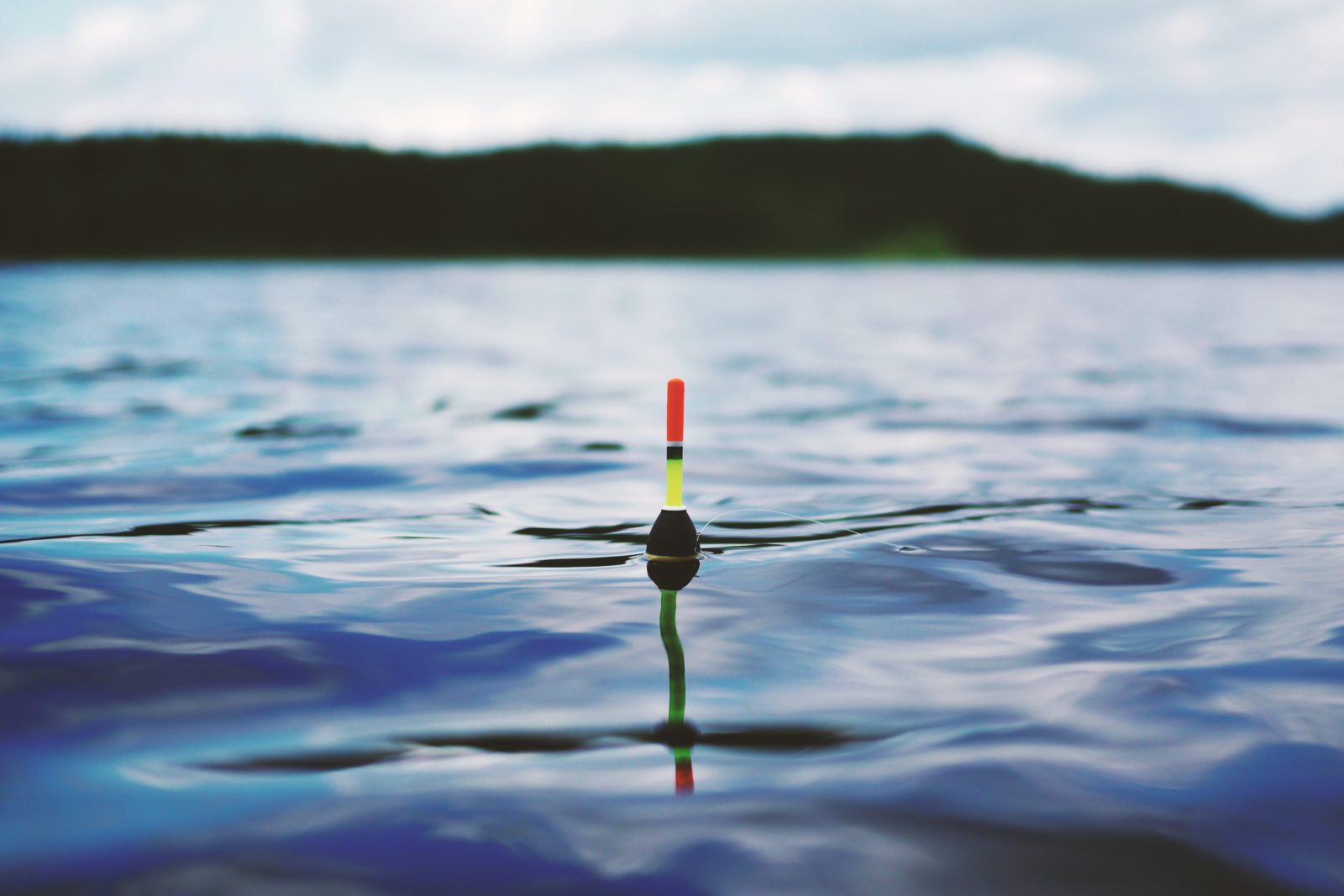The Czech Ministry of Agriculture has spent over 843 million Czech koruna on 888 projects under the Fishing 2014-2020 operational program. While the National Audit Office (NKÚ) found that the money was used efficiently and in compliance with regulations, the program’s goal of creating a producers’ organization to increase freshwater fish consumption in the Czech Republic was not achieved.
One of the program’s aims was to establish producers’ organizations responsible for centralized purchasing and selling of fish and fish products, giving them an advantage in negotiations with commercial chains. However, the NKÚ stated that fishing companies were not interested in joining producers’ organizations mainly because of the obligation to share their economic and social data.
Although an increase in freshwater fish consumption was not a goal of the program, the Ministry of Agriculture had it listed in the “Multi-Year National Strategic Plan for Aquaculture by 2024.” Nonetheless, promotional projects did not have any effect on freshwater fish consumption. In 2017, each Czech citizen consumed 1.29 kilograms of freshwater fish, but in 2021, it had decreased to 1.23 kilograms, according to the NKÚ.
The audit office also claimed that fishing’s significance within the domestic economy was marginal. Between 2011 and 2018, fishing’s contribution to the GDP was 0.01-0.02 percent.
Despite this, fishing’s benefits primarily lie in the other functions of ponds, such as water accumulation and retention in the landscape, sports, and recreation. The Czech Republic has 24,000 ponds and reservoirs, covering almost 52,000 hectares.
Understanding the need for a comprehensive approach to support the fishing industry is essential. While the government’s efforts to promote the industry’s growth are commendable, addressing the issues hindering its progress is crucial. The producers’ organization could have been a step in the right direction, but its failure points to a need for more effective strategies.
Furthermore, the government should focus on creating sustainable practices that would ensure the long-term viability of the fishing industry. A comprehensive approach that considers the environmental impact of fishing practices, the industry’s social and economic benefits, and all stakeholders’ involvement would be necessary to achieve this.





